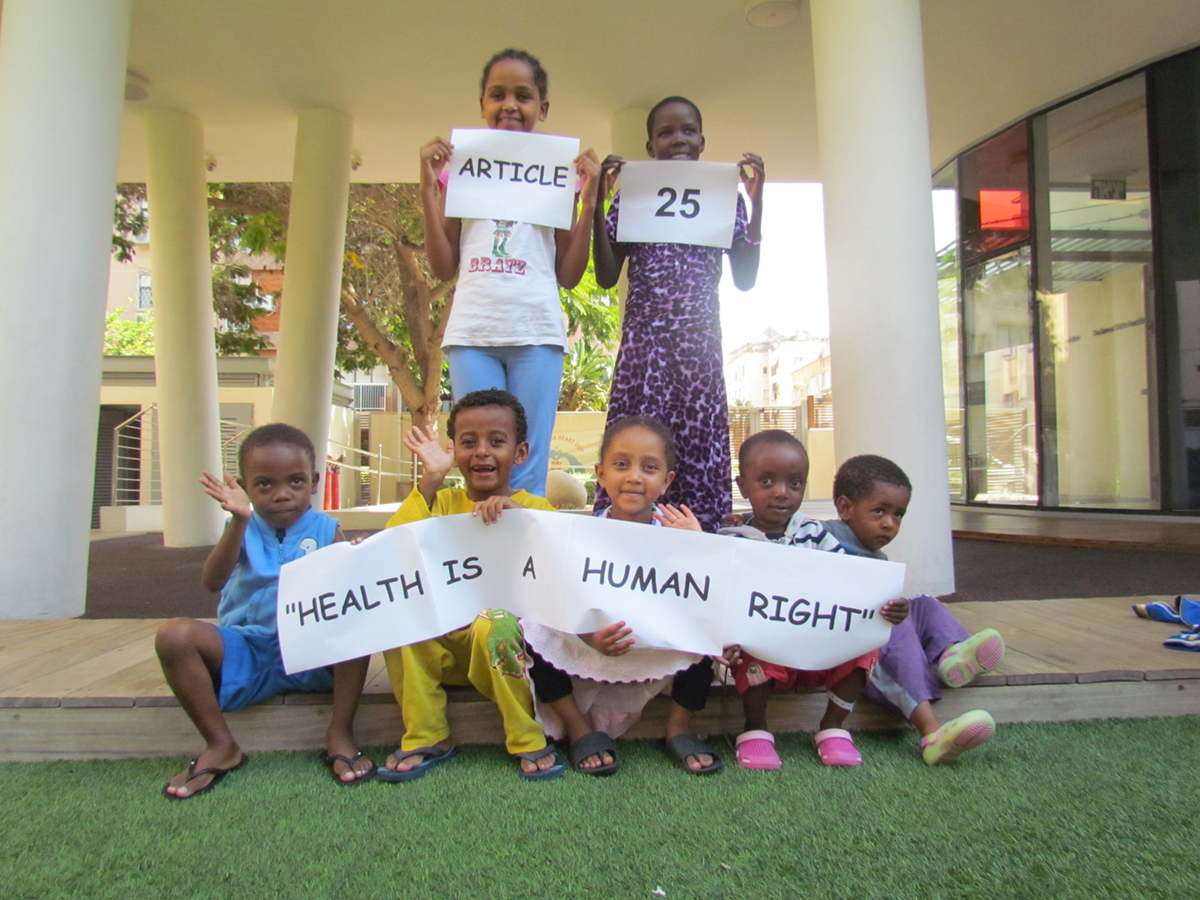
Enlarged Heart
Enlarged heart in children or adults is not a disease but actually a symptom of other underlying illnesses. Enlarged heart, medically known as cardiomegaly, can be found accidentally on chest X-ray in children who are suffering from other illnesses such as pneumonia. Small enlargement does not have to cause any symptoms at all. However, advanced disease and severe enlargement causes serious symptoms and problems. Basically either heart conditions or in some cases diseases of other organs can lead to cardiomegaly.
Causes of Enlarged Heart in Children
In children cardiomegaly is usually a consequence of too mush pressure onto the heart chambers to pump blood. Increased pressure results in hypertrophy of the heart muscle and enlargement of the affected parts of the heart. In some heart conditions the stress is put on the right ventricle to pump enough blood. Still prolonged exposure to stress eventually leads in enlargement of the heart which can compensate for the desirable function for a while but at one point the enlarged heart simply cannot perform the desirable function any more.
Cardiomyopathy is another cause of the heart enlargement. There are several types of cardiomyopathies which can lead to enlarged heart in children, but dilatative and hypertrophic cardiomyopathy are the most common.
Dilatative, also known as congestive, cardiomyopathy is a condition in which the heart stretches and becomes weak to pump proper amounts of blood. This insufficient pumping can additionally cause irregular heart beats which consequently increase the formation of blood clots. Dilatative cariomyopathy can result from different infections such as viral myocarditis. Dilatative cardiomyopathy can also occur after chemotherapy. And in some children dilatative cardiomyopathy can be inherited. In children who suffer from dilatative cardiomyopathy the symptoms of the disease may include pale and sweaty skin, fast heart rate, accelerated breathing, tiredness, slow growth, and irritability. Some children may additionally complain about vomiting, abdominal or chest pain.
In hypertrophic cardiomyopathy the muscles of the left ventricle or the septum between ventricles enlarge. This consequently leads to insufficient mitral valve and the regurgitation of the blood from the left ventricle into the left atrium. Hypertrophic cardiomyopathy occurs due to hereditary illnesses. The children suffering from hypertrophic cardiomyopathy basically complain about lightheadedness and pain in chest. They may also develop arrhythmia and fainting spells.
The bottom line is that children who suffer from heart enlargement need to be diagnosed as soon as possible and to start with appropriate treatment. They are most commonly prescribed medications which bring the underlying condition under control and some children require surgical repair of heart abnormalities. In advanced stages the patients may require heart transplantation.


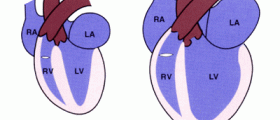
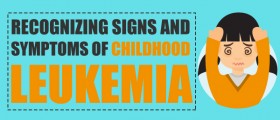

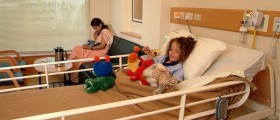






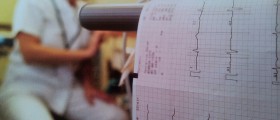




Your thoughts on this
Loading...